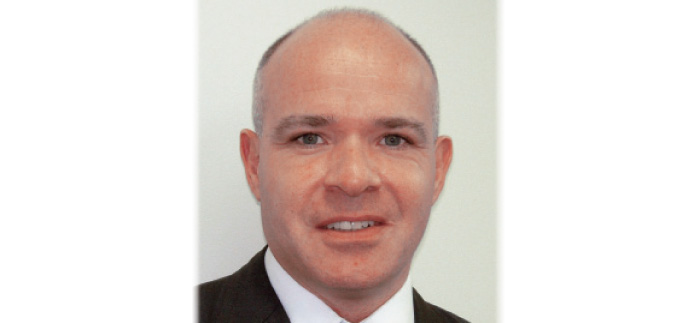Recent months have seen more sophisticated activities by Japanese organised crime syndicates, with large numbers of domestic and some international firms targeted by Japan’s yakuza organised crime groups. In response, Japanese regulators are strengthening compliance requirements — especially for global financial institutions—and encouraging firms operating here to take more proactive steps to mitigate the risks associated with anti-social forces (ASFs), such as organised crime, right-wing groups and religious sects.
It is essential to both understand the issues regarding organised crime activity and adopt appropriate measures to expose any potential ASF concerns.
Yakuza infiltrate business
According to the National Police Agency, there are more than 80,000 known members of organised crime gangs. However, many crime syndicates have removed known signs and symbols from their activities, and conceal their business behind the veneer of, for example, social movements, political activists or non-profit organisations.
This has been particularly apparent in the real-estate industry, in which yakuza influence is often behind commonly recurring problems, including those related to loan-sharking, bid-rigging and the infraction of environment-related regulations, such as the sale of contaminated land. Recently, there have been several instances of Japanese listed real-estate firms filing for bankruptcy after being unable to obtain financing, due to reports of organised crime connections.
Operating through a network of about 1,000 apparently legitimate front firms, the yakuza have also made significant inroads into the financial sector in recent years. Previously known for crime rackets such as drugs, prostitution and gambling, recent FTI-International Risk investigations suggest that organised-crime groups have turned to the more lucrative world of corporate finance. ASF groups now hold major stakes in many firms, the management of which are not aware of the association. Traders, laid off by large financial houses, have also been hired to support the illicit trading floors and it is becoming increasingly difficult to easily distinguish between legal and illegal funds.
The extent of organised crime activity in Japan was exposed recently with substantial publicity concerning the close relations between yakuza and the sumo world, and the arrest of several senior Yamaguchi-gumi members for alleged unlicensed money-lending activities. Changes in the hierarchy of the Inagawa-kai gang and ongoing confrontations in Kyushu, as well as the upcoming release from prison of the head of the Yamaguchi-gumi, are likely to encourage organised-crime syndicates further to infiltrate the financial sector and increase manipulation of the stock market. The groups are also emboldened by the recent weakening of internal controls at many financial institutions, partly a cost-cutting exercise.
Mitigating steps
FTI-International Risk has extensive experience in assisting clients effectively to deal with these issues, and has a range of services to help mitigate risks:
COMPLIANCE — Helping develop, review and test relevant internal compliance procedures, including codes of conduct/ethics and whistleblower programmes, to ensure they meet international standards and regulations. We conduct regular audits to ensure continued compliance. Deployment of a comprehensive screening programme, for example, enables our clients to obtain a suitable level of comfort regarding any ASF links to support strategic decisions, or for deals to be structured in an appropriate matter to mitigate identified reputation-related issues.
INTELLIGENCE — We have significant experience in identifying business risks that are not visible or immediately obvious. We conduct in-depth due diligence investigations into potential transactions, or of individuals, to ensure there are no links with ASFs or other potential reputational issues. Our investigations go beyond the low level and often fruitless results of mere online research and database checks; we undertake discreet inquiries with a wide range of knowledgeable sources to gain a deeper insight into possible risks.
MONITORING — We help clients develop and maintain comprehensive proprietary databases in English and Japanese, containing details of firms and individuals associated with ASFs. The databases are compiled using targets identified through investigative research, case experience and intelligence from knowledgeable sources, and are an example of an effective internal structure to implement ASF-related rules. We update databases through regular monitoring of relevant resources to include all current and relevant details, enabling financial institutions to check existing and potential account holders or those with whom they are transacting in an efficient and proactive manner.
In our experience, regulators look favourably on the engagement of specialist external-risk consultants by corporations seeking to develop an effective, anticipatory, and holistic risk mitigation programme.
